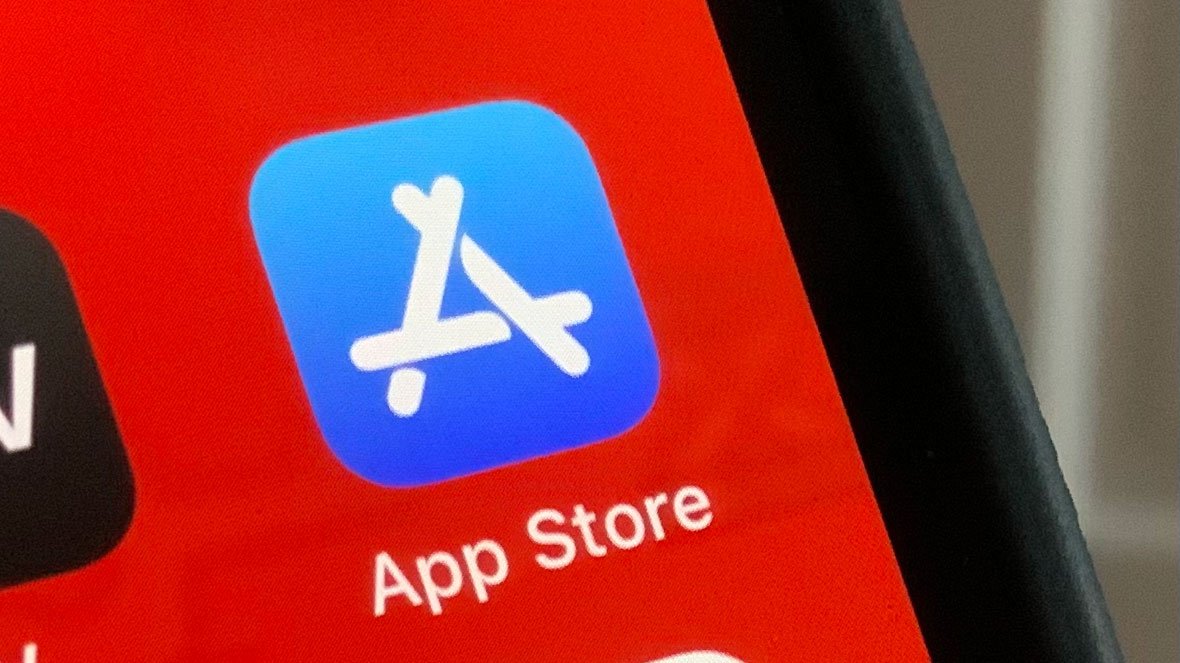According to a recent report by Reuters, Apple has removed the end-to-end encrypted messaging app WhatsApp, owned by Meta, from its Chinese App Store. The tech giant cited a government order based on concerns about national security. This news was followed by the removal of Meta’s text-based social networking app, Threads, for the same reason.
Apple issued a statement to Reuters explaining the reason behind the removals: “The Cyberspace Administration of China has ordered the removal of these apps from the China storefront due to national security concerns.” Meta confirmed to TechCrunch that both apps are no longer available on Apple’s Chinese App Store but declined to provide further details, redirecting inquiries to Apple.
When contacted, Apple did not respond to questions about the removals. According to Reuters, two other messaging apps, Signal and Telegram, have also been removed from the Chinese App Store. However, Apple has not confirmed these additional removals. Nevertheless, the AppleCensorship site, which tracks app store removals in China, lists both Signal and Telegram as “disappeared” from the store.
The article reached out to Telegram for comment, but the app has not responded as of press time. Signal’s president, Meredith Whittaker, told TechCrunch that Signal was already blocked in China by the country’s Great Firewall. She also noted that while Signal may have been available to download in the past, users in China have been unable to register or send messages.
Interestingly, Signal did not always face this restriction. In 2021, TechCrunch reported that the app functioned without issues in China, even without a VPN. However, it appears that Chinese authorities have since tightened their control over the popular end-to-end encrypted messaging app.
Apple has previously removed apps at the direction of China’s internet regulator. Last year, they removed several generative AI apps ahead of new regulations targeting this technology. Similarly, another Twitter alternative, Damus, was pulled from the Chinese App Store after initial approval. And a few years ago, Clubhouse was also removed shortly after its global release.
It is unclear why WhatsApp and Threads have been specifically targeted for removal from the Chinese App Store. One is an end-to-end encrypted messaging app, and the other is a microblogging-style social media app. It is worth noting that both Telegram and Signal also offer these features, with varying levels of encryption. Despite the removals, other popular Meta-owned apps, such as Facebook and Instagram, are still available on the Chinese App Store.
TC’s Liao previously pointed out that China’s censorship decisions can be arbitrary and inconsistent, making it challenging to determine the reasoning behind app removals. However, it is possible that the popularity of Threads in China caught the attention of state censors, leading to the removal. In any case, the removal of these apps once again highlights the censorship issues faced by foreign tech companies in China.








